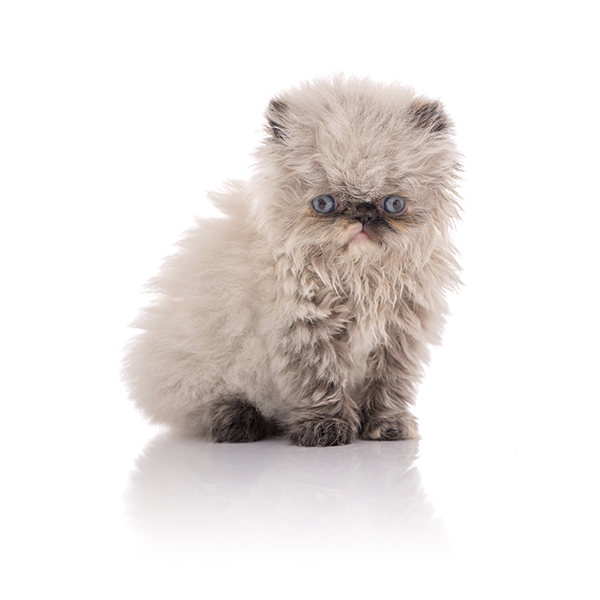Impurr-fect evidence dooms suit over couple's initial plans to declaw adopted Himalayan kitten

Image from Shutterstock.
A Louisiana law governing the sale of good worth more than $500 has doomed a lawsuit filed by a woman seeking to prevent the declawing of a Flame Point Himalayan kitten she sold to a North Carolina couple.
The Louisiana Court of Appeal, Fourth Circuit, ruled March 15 in a suit filed by Elise Howell against Wallace and Carol Ann Overton, the couple who adopted the kitten named Mac. Other defendants included the Overtons’ adult children who would care for the cat in the event of the Overtons’ deaths, two veterinarians who scheduled the declawing procedure and an animal hospital.
Howell claimed she had a November 2021 video interview with Wallace and Carol Ann Overton in which they agreed they would not get the cat vaccinated before 1 year of age and they would not perform declawing or any other inhumane procedures. The Overtons said the only agreement was that they would pay $650 for Mac.
Howell initially sued in federal court, but the suit was tossed because the amount in controversy was too low for jurisdiction. After dismissal, Wallace Overton told Howell in a text message that he and his wife decided not to declaw Mac. Howell sued in state court anyway.
Howell said the Overtons had already breached the contract by have the kitten vaccinated shortly after its adoption. Howell alleged breach of the kitten adoption agreement. She also sought rescission of the contract along with an injunction preventing the declawing. The primary issue in the state court appeal was whether Howell met her burden of proof to obtain a preliminary injunction.
The contract at issue was not in writing. Under Louisiana law, contracts for purchases over $500 must be proved “by at least one witness and other corroborating circumstances,” the appeals court said. But Howell relied only on her own testimony and no other corroborating evidence, the appeals court said.
As a result, a trial court found Howell was not able to establish the terms of the agreement and had not shown irreparable harm necessary to obtain the injunction. The appeals court affirmed.
“We recognize Howell’s sincere concern for the kitten’s well-being,” the appeals court said. “Even so, the district court could have reasonably found, on the evidence before it, that the possibility of the procedure or other unspecified injury was speculative and did not constitute irreparable harm.”
Hat tip to Courthouse News Service, which posted the decision.



